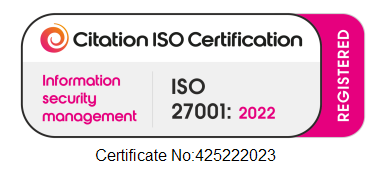How To Get The Basics Of Remote Working Right!
Getting the basics of remote working right can mean the difference between a successful plan with happy staff and a demoralised team. You need to ensure that where the option exists to work from home (or remotely, which could be from anywhere), that you have good clarity over the basics.
Who Can Work From Home?
Firstly, consider which members of staff could work from home and which it wouldn’t be suitable for. It goes without saying that seeing patients at home just isn’t going to work out well. However, telephone consultations from home can and do work brilliantly. Working remotely is also perfect for any form of administrative tasks, insurance forms, writing up notes, accounts, anything that doesn’t involve seeing patients!

When do they need to work; set times or whenever they want?
We have people using Away From My Desk who work from home set days each week, whereas some use it to catch up on admin after a busy day. Some prefer to work different hours, so it suits them best to work from home rather than in the practice. Others use Away From My Desk to complete telephone consultations, arranging for patients who need to be seen to see a different doctor or to attend the surgery the following day. This can offer a great benefit for staff who live further from the practice or who have other commitments to work around and can engender a much greater loyalty towards the practice.
When is it suitable to work from home instead of coming into the practice?
For some roles it may be that they can work primarily from home, freeing up space in the practice especially where space is already at a premium. For others it may be that they can leave work earlier to complete the school run and ‘catch up’ later once the kids are in bed or after a social function, even after a trip to the gym. Some roles may offer more flexibility, it may be that they can even decide for themselves when they need to be in the practice or not, but how will you manage this? Do staff need to give notice or are they able to decide to work at home if they wake up feeling a bit groggy?
On the whole having a notice period before working from home, aside from exceptional events, tends to work best for most people. If you know that a staff member is working from home on certain day it makes it easier to plan and arrange in advance.
Clear rules and remote working go together to create happy, satisfied and motivated team members!
You will need clearly defined and shared ideas on when it is possible to work remotely. This could be one policy for the whole practice or a more individual approach. They key is to ensure there are no misunderstandings between the practice and their staff. You don’t want ill-feeling from someone who thought it was fine to work from home on a Friday when in fact, that’s the one day you really need them in the practice not at home!






